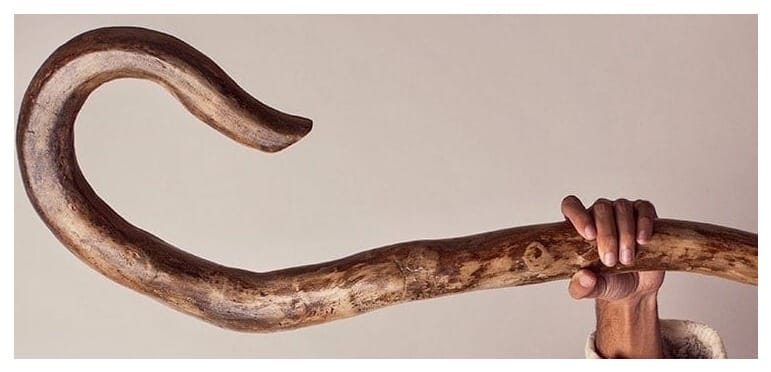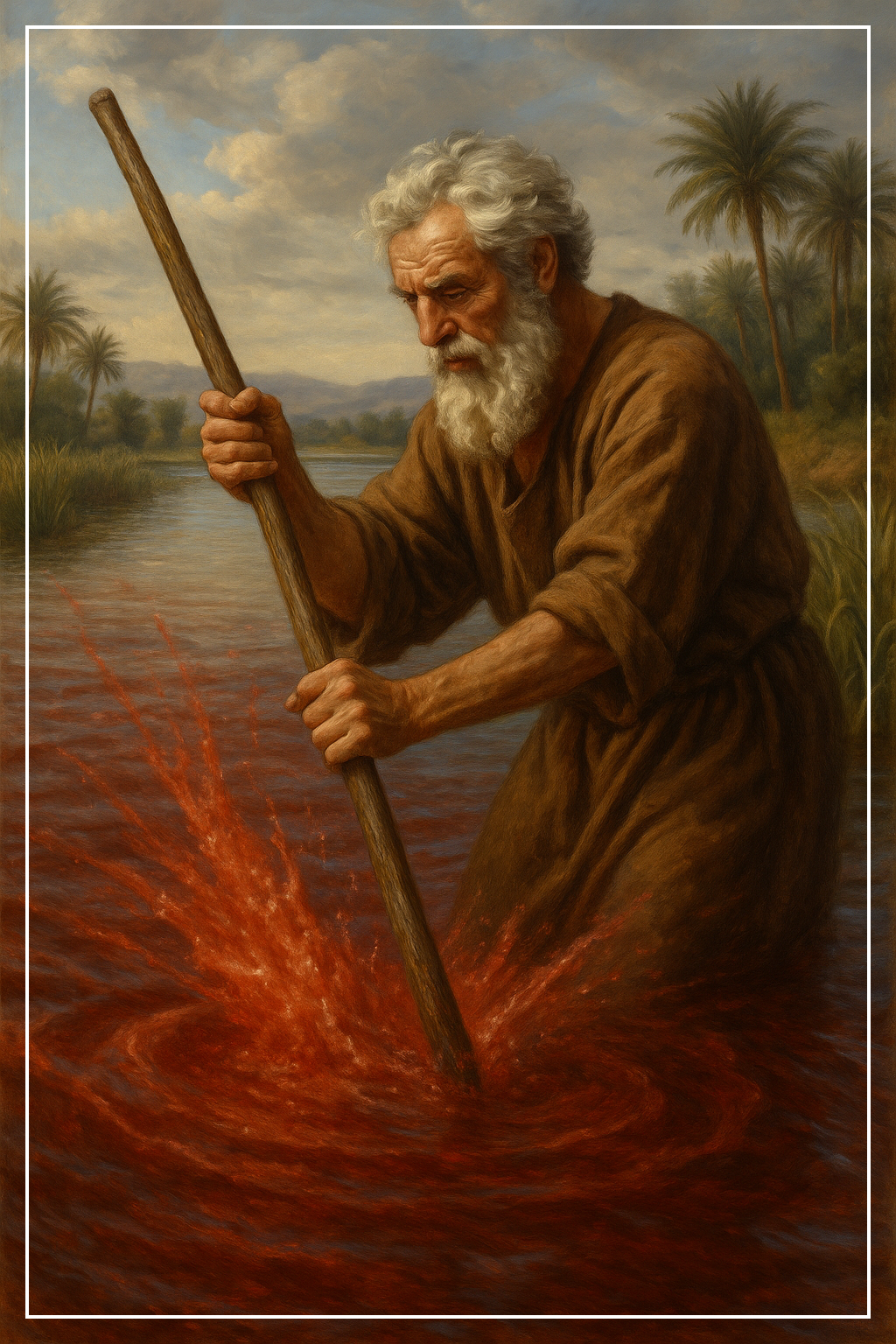Gratitude and Moses' staff

"And Moses and Aaron did so, as the Lord had commanded. And Aaron lifted up the staff, and struck the water that was in the river..." (Exodus 7:20)
Something strange is happening here. Just moments before the plagues are to fall upon Egypt, God instructs Moses to have Aaron strike the waters of the Nile with the staff. Why is this so important? Does it really matter who does it?

The truth is that when Moses was an infant, his mother hid him from the Egyptians in the waters of the Nile. Therefore, Moses could not raise his hand against his savior. But even then, it is not clear why this matters—would the Nile really be offended by Moses? Do inanimate objects have feelings?
The key here is not the feelings of the Nile, but the feelings of Moses himself. Demonstrating gratitude primarily educates the person who expresses it. Regardless of whether the object of our gratitude is aware of it, it is important for us to cultivate gratitude. Very often, we take the world around us for granted, as if it is all just "normal." But this is not so!
The Torah teaches us to feel appreciation towards all of God's creations: the rain, the sun, the wind; the people close to us: our wives, children, parents, and neighbors.
It is very easy to fall into a state of ingratitude, negativity, and discontent—there is always something that can bother or irritate us.
But we must cultivate the quality of gratitude and stop complaining about everything. Only by learning gratitude—even to inanimate objects—can we see the beauty and harmony in the world around us.
